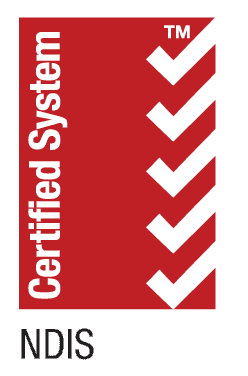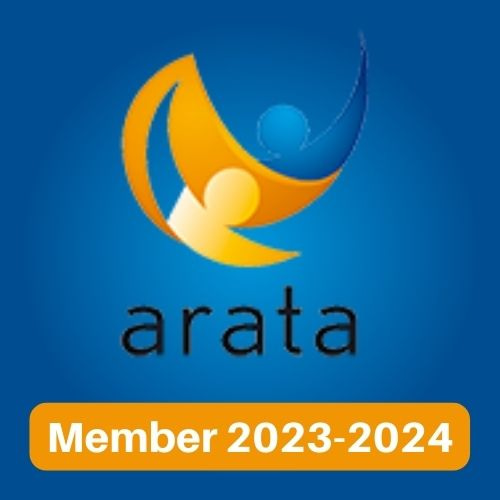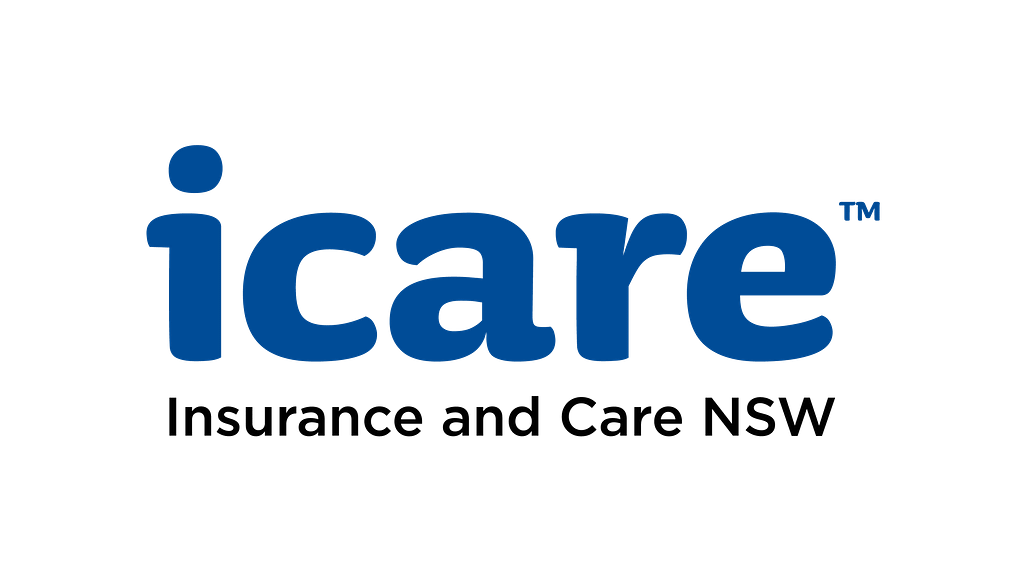Imagine if the only parts of your body that voluntarily moved were your neck and head. Someone must do everything to and for you; from washing your body, feeding you, moving you around, holding your phone to make calls, turning on and off your lights, fans, and air conditioner. Someone else controls you and your environment.
What is it like for people with a condition that progressively worsens over time, or those who have been told their condition is terminal? You once could control your world, but now you must passively receive all supports from your family and carers. Where is the dignity in that?
What if we could return some of the autonomy in managing these tasks back to the person? What if people could be empowered to use the little movements that they have, to be able to do vital things like control their environment and appliances around their home?
As an Occupational Therapist this is the reality that I see every day when I walk into people’s homes. We are in the fortunate position to be able to offer some help. Here are 4 ways my clients have told me that Home Automation has improved their well-being and quality of life.
When door automation is installed, people who are in wheelchairs can open and shut doors by themselves through the simple press of a button or even use proximity sensors to open and shut doors for them. This means that once a person is setup in their wheelchair, they can get out into the community to do the things they love to do. My clients tell me that they love to walk their dogs along the beach, go to a café, see friends at a park, go to the pub at night or even go to work. When people can come and go independently, they have greater say about how they spend the hours in their day, instead of being shut up in the house.
After weeks of lockdown due to COVID19, we can all appreciate how oppressive it feels not to be able to leave our house due to Government regulations. So too, the people in wheelchairs can feel this way unless they can come and go by themselves.
Just because people have a disability or physical limitation does not mean that they’re incapable of making their own decisions or doing things that are important to them. Turning lights on and off when you want to do this, operating appliances through the press of a button, or changing channels on the television are all things that we take for granted.
My clients tell me that when they can do this for themselves, it strengthens their self-esteem and well-being. Now that they can do these everyday things for themselves it makes them feel more ‘normal’ again.
Many of my clients have carers to help them to move, eat, shower, and administer medications. Some people have 24/7 supports. There are many life-saving benefits that come from having formal supports in place, but sometimes people just like to be left to their own devices (imagine that Friday night Netflix binge with someone looking over your shoulder to tell you that it’s bedtime).
It may seem nice at first to have help at your beckoned call, but sometimes we all like a little bit of space and alone time. When a good home automation system is installed, people can do critical activities for themselves and may be able to have some alone time scheduled in, with an emergency call button there to call for help if needed.
For many people with a spinal cord injury, their body can’t regulate their temperature, so imagine how empowering it is to be able to turn the air conditioner on and off. Or being able to move your bed head up to stop you from choking when coughing. There’s always consideration taken when leaving people with critical conditions at home alone for short periods of time, but having the opportunity to explore options is always a good start to the discussion.
Being left alone in bed when all you can do is shout out for help can be very stressful for people with restricted movements. Occupational Therapists listen to their worries and concerns and then come up with practical solutions to help so that they can manage their environment and feel empowered and in control again.
Since having Home Automation installed, people report that they are a lot less stressed and feel a sense of dignity that they can do things for themselves, as they can do more to control their world. They can open the door to let in people to help, and they can call for emergency assistance if they need it.
Home Automation that is installed and setup well to overcome functional limitations can significantly improve the well-being of people with disabilities and health conditions. You can call on your Occupational Therapist to work with you and the home automation installers to design a system that will help you to be able to do as much as you can for yourself to keep you as safe and independent at home as possible.
Home modifications, whether funded by NDIS or other insurance schemes, My Aged Care or self-funded, can help you or your loved one to use the …
No matter what our abilities, we are all human, with needs that are important to us.Sex can mean a lot of things to a lot …
As the world is beginning to open up again after the COVID-19 lockdown, many people in the community are still feeling the effects of isolation. …
Over time I’ve observed a lot of mixed messages regarding timeframes for Complex Home Modifications (CHM) for NDIS participants. Different service providers will suggest different …






Phone: (02) 4081 0817
Address: 262 Main Road Cardiff, NSW 2285
ABN 74 625 158 983 | AHPRA Registration: OCC0001714241
Enter your details to express interest in our AT Framework course for 2024.
"*" indicates required fields
Enter your details to express interest in our Community Fundamentals courses for 2024.
"*" indicates required fields
Fill out the form below and one of our team will call you back within 24 hours.
"*" indicates required fields